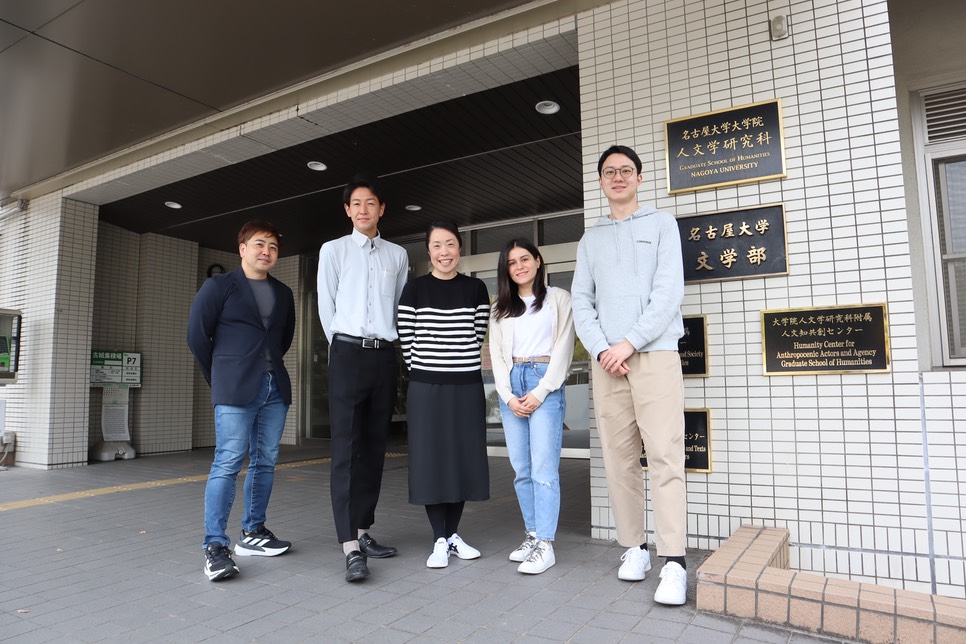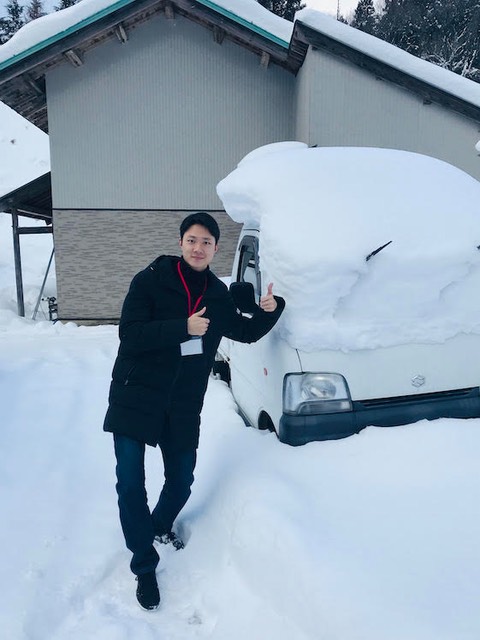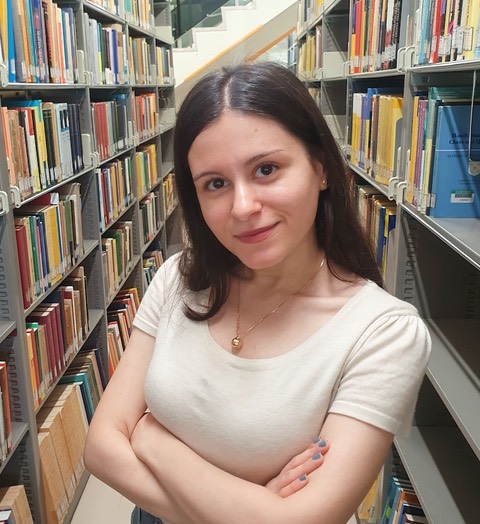
Our psycholingusitic lab started to operate on September 28th, 2017. It is currently located at Integrated Research Bldg. for Humanities & Social Sciences, Room 711.
We are studying language in the mind, using various experimental techniques. From time to time, we also make sure to remind ourselves of what our academic and life goals truly are. We educate ourselves on honest research conducts to avoid questionable, not to mention unethical, research practices.
The language of instruction, communication, and research is mostly English.
Participate in our experiments (for visitors)
Psycholinguistic research cannot be done without human participants. If you can spare some time for our research, please register on the participant list below.
Meeting notes (for lab members)
Every time you have a meeting with your supervisor, submit a meeting note here.
Everything students need to know (for lab members)
It takes time to design a study. It takes time to collect data. It takes time to analyze data. Of course, it takes even more time to write a manuscript with a decent storyline. Whatever we do, it usually takes more time than we think. Please understand 10 steps in completing your thesis:
Weekly lab meetings (for lab members)
Time: Thursdays 2nd period (10:30 - 11:30)
Location: 文系総合館 711
Lab schedule (for lab members)
Current members

Jiashen Qu (Doctoral program, Humanities)
October, 2020 - In progress
Email: jackykutsu__AT__gmail.com (replace __AT__ with @)
Researchgate: researchgate.net/profile/Jiashen_Qu
Twitter: twitter.com/JackyQU4
Personal website
https://jiashen-qu.jimdosite.com
Research project
Conceptualisation of Event Roles in Japanese-English Bilinguals
Keywords
Event Representations, Bilinguals
Message
I am mesmerised by linguistic relativity which studies how language influences thought and world view of its speakers. The research on this topic has been century-old and many studies have found the robust evidence of language effects on thoughts. It becomes more interesting when we approach this issue from the perspective of bilinguals. Does learning a new language change the way we think? If it does, to what extent and in what domains does it happen? I take an experimental approach to these questions. If you find this research topic fascinating as well, please feel free to contact me.

Mehrnaz (Mary) Piroozi (Research student, Humanities)
April, 2023 - In progress
Email: piroozitabriz.mehrnaz.z2__AT__s.mail.nagoya-u.ac.jp
(replace __AT__ with @)Researchgate: researchgate.net/profile/Mehrnaz-Piroozi
Personal website
TBA
Research project
Processing of radicals and characters in Japanese Kanji word recognition
Keywords
Language Processing, Mental Lexicon, Word Recognition
Message
The processing of language in the brain is a very interesting phenomenon. It seems like the human brain is a supercomputer that is able to store and process an infinite amount of linguistic information in a few milliseconds, and it becomes even more fascinating if one can speak more than one language. As a speaker of 4 languages (Japanese, English, Persian, and Turkish), I am interested in understanding how this phenomenon takes place in the brain, and finding out if there is a special structure in the brain to accommodate for all these languages.
Yuta Sugiyama (Doctoral student, Humanities)
April, 2024 - In progress
Researchgate:
Personal website
TBA
Research project
TBA
Keywords
TBA
Message
TBA
Resources
- The ABC of a Decent Experiment
- Consent form (Japanese)
- Consent form (English)
- Information sheet (+ consent form) sample (Japanese)
- Information sheet (+ consent form) sample (English)
- Debriefing form sample (English)
- Progress Record Sheet
- Journal Citation Report 2017 (Linguistics, Experimental Psychology)
- PsychoPy
Alumni (and their graduation theses)
- Miki Ikuta (Doctoral program, 2023)
Metaphor interpretation and analogical reasoning in first and second languages - Miki Ikuta (Master’s program, 2020)
Figurative language processing in a second language: Towards a bilingual metaphor comprehension model - Jinyun Sun (Master’s program, 2019)
Cross-language similarities and task demands in Japanese visual word recognition: A chronometric study with Chinese-English-Japanese trilinguals - Xue Wang (Master’s program, 2019)
Cognate processing in Japanese-English bilinguals: An auditory lexical decision study - Talia Chang (Master’s program, 2018)
Second language learners’ utilization of semantic and morphosyntactic cues in sentence comprehension
